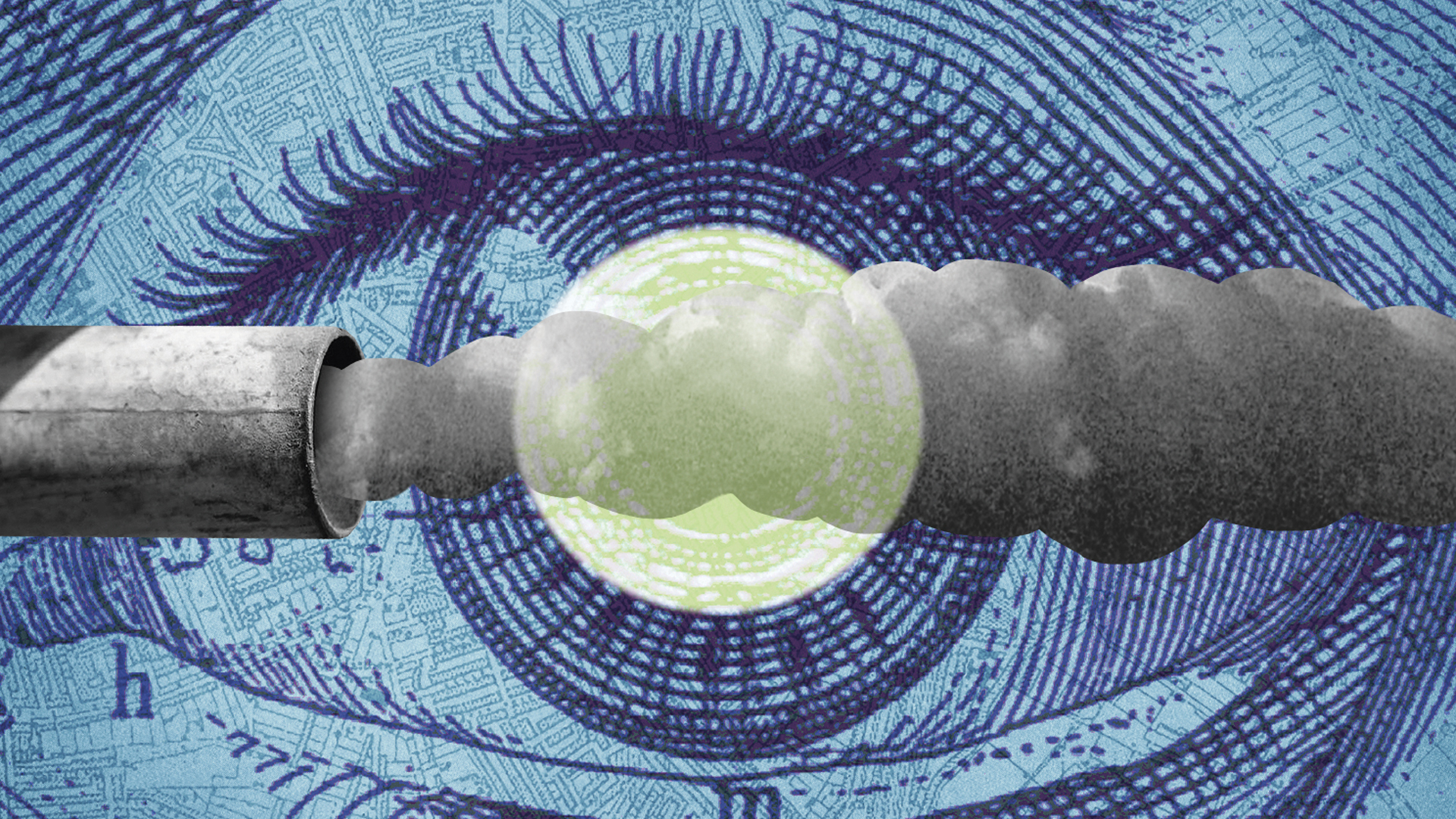“Air pollution linked to blindness as scientists say particles may hinder blood vessels in eyes” was The Daily Telegraph’s effort, focusing on the science behind the study’s claims.
And, finally, Mail Online stuck to their tried-and-tested lengthy headline format in: “Air pollution ‘can trigger glaucoma’: Study finds chemicals in air narrow the blood vessels and raise the risk of the condition by 6%”.
We already know that air pollution is damaging, but does this latest claim stack up?
Facts. Checked
To be fair to all the news outlets, they do a decent job of reporting this study which, even by the researchers’ own admission, doesn’t have the answers.
However, that’s not to say that their findings are not important – but there is more work to be done to definitively answer the question.
Advertising helps fund Big Issue’s mission to end poverty
The study, which was published in the Investigative Ophthalmology and Visual Science journal, was certainly large, analysing 111,370 UK Biobank participants between 2006 and 2010. The participants were asked if they had glaucoma before undergoing ocular testing as well as a laser scan of the retina to measure thickness of their eye’s macula (the central area of the retina).
This information was then linked to air pollution measures of their home addresses, with the academics finding that people in the most polluted quarter of areas were 18 per cent more likely to report glaucoma than the least polluted 25 per cent. As Professor Paul Foster put it: “We found a striking correlation between particulate matter exposure and glaucoma. Given that this was in the UK, which has relatively low particulate matter pollution on the global scale, glaucoma may be even more strongly impacted by air pollution elsewhere in the world.”
However, there are plenty of limitations to this study that mean a causal link is yet to be confirmed.
By Prof Foster’s own admission, the scientists were not able to test the air pollution inside people’s homes or workplaces as this is an observational study. Neither were they able to experiment by changing the levels of pollution, as The Open University’s Emeritus Professor of Applied Statistics Professor Kevin McConway points out in response, as this would be impossible and unethical.
And it is also tricky to compare other differences between high and low pollution areas that could explain increased glaucoma risk – although the study’s authors did attempt to account for age, sex and a measure of material deprivation, as well as a few other factors.
They also didn’t have any data on the actual pollution levels recorded over time in each area, which means that it isn’t possible to prove Prof Foster’s claim about other areas of the world.
Advertising helps fund Big Issue’s mission to end poverty
As for the science, all outlets quoted the study’s first author Dr Sharon Chua and her explanation that “the constriction of blood vessels” may contribute to glaucoma or air pollution may “have a direct toxic effect damaging the nervous system”.
While the news outlets did portray the study cautiously, only The Independent quoted Prof McConway’s observations or any observations outside of the study to point out some of the study’s flaws.
Illustration: Miles Cole










